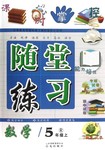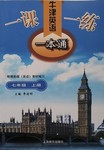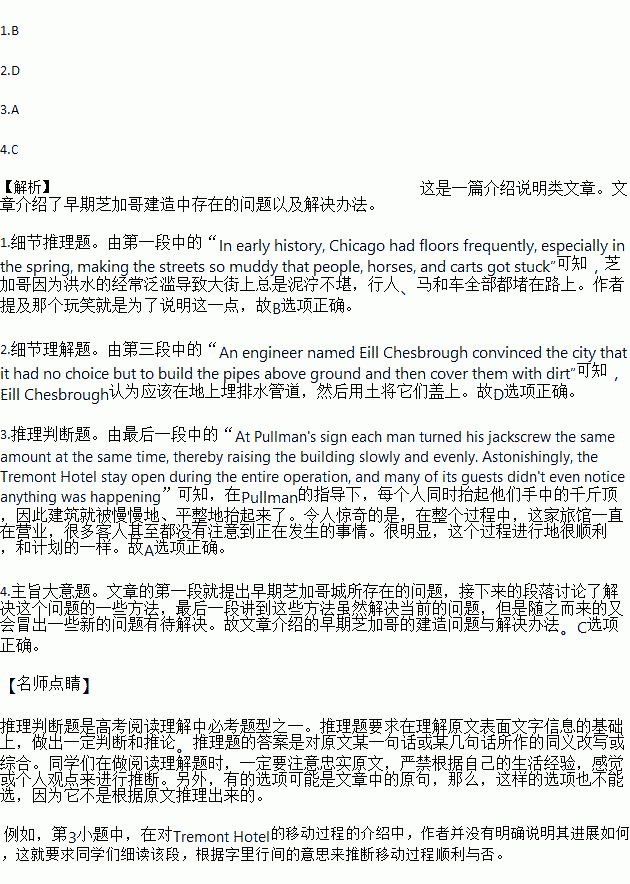题目内容
In its early history, Chicago had floods frequently, especially in the spring, making the streets so muddy that people, horses, and carts got stuck. An old joke that was popular at the time went something like this: A man is stuck up to his waist in a muddy Chicago street. Asked if he needs help, he replies, "No, thanks. I've got a good horse under me."
The city planner decided to build an underground drainage (排水) system, but there simply wasn't enough difference between the height of the ground level and the water level. The only two options were to lower the Chicago River or raise the city.
An engineer named Ellis Chesbrough convinced the city that it had no choice but to build the pipes above ground and then cover them with dirt. This raised the level of the city's streets by as much as 12 feet.
This of course created a new problem: dirt practically buried the first floors of every building in Chicago. Building owners were faced with a choice: either change the first floors of their buildings into basements, and the second stories into main floors, or hoist the entire buildings to meet the new street level. Small wood-frame buildings could be lifted fairly easily. But what about large, heavy structures like Tremont Hotel, which was a six-story brick building?
That's where George Pullman came in. He had developed some house-moving skills successfully. To lift a big structure like the Tremont Hotel, Pullman would place thousands of jackscrews (螺旋千斤顶) beneath the building's foundation. One man was assigned to operate each section of roughly 10 jackscrews. At Pullman's sign each man turned his jackscrew the same amount at the same time, thereby raising the building slowly and evenly. Astonishingly, the Tremont Hotel stay open during the entire operation, and many of its guests didn't even notice anything was happening. Some people like to say that every problem has a solution. But in Chicago's early history, every engineering solution seemed to create a new problem. Now that Chicago's waste water was draining efficiently into the Chicago River, the city's next step was to clean the polluted river.
1.The author mentions the joke to show ________.
A. horses were fairly useful in Chicago
B. Chicago's streets were extremely muddy
C. Chicago was very dangerous in the spring
D. the Chicago people were particularly humorous
2.The city planners were convinced by Ellis Chesbrough to ________.
A. get rid of the street dirt
B. lower the Chicago River
C. fight against heavy floods
D. build the pipes above ground
3.What can we conclude about the moving operation of the Tremont Hotel?
A. It went on smoothly as intended.
B. It interrupted the business of the hotel.
C. It involved Pullman turning ten jackscrews.
D. It separated the building from its foundation.
4.The passage is mainly about the early Chicago's ________.
A. popular life styles and their influences
B. environmental disasters and their causes
C. engineering problems and their solutions
D. successful businessmen and their achievements
 开心蛙状元作业系列答案
开心蛙状元作业系列答案 课时掌控随堂练习系列答案
课时掌控随堂练习系列答案 一课一练一本通系列答案
一课一练一本通系列答案 浙江之星学业水平测试系列答案
浙江之星学业水平测试系列答案
